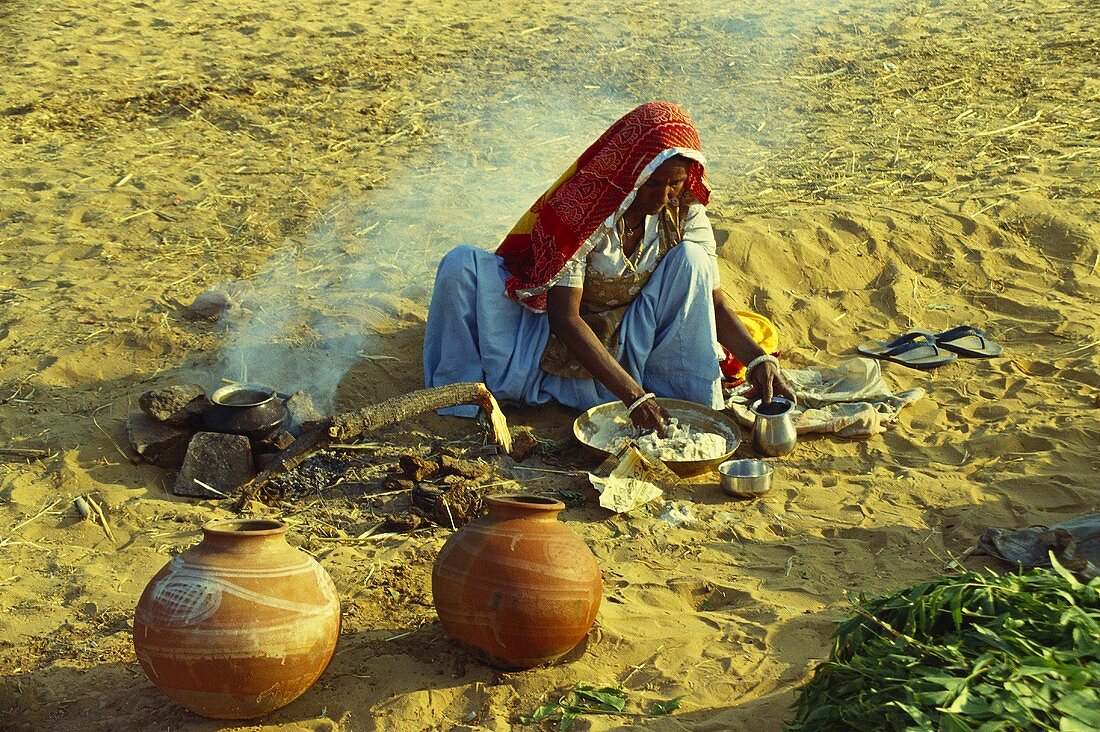By Ritika Khatri
Food has a magical effect on people. When we are having a terrible day, a good day, or celebrating, it has the power to change moods and make things better. It’s an important part of our life, from festive meals to simple soothing meals on bad days. Yet, in our country, individual or community food choices are frequently morally policed. Food has the capability to both unite and divide people across culture and societies. And this duality of food is a reflection of our societal complexity.
Besides, food, a fundamental human necessity, has become contentious and politicized topics in our society. The degree of controversy has reached to the point that people are facing violence and lynching over their food choices. This acute reaction to individual food penchants is revealing the deep-seated social conditioning and larger socio-political backdrop that rules/shape our behaviour.
Even in urban settings, people encounter the widespread and inescapable stigma associated with non-vegetarian food. While renting a home or room, landlords frequently question about dietary preferences, with many specially barring non-vegetarian foods. In areas such as Kamla Nagar (nearby Delhi University’s North campus), it is common to find PGs (paying guest accommodations) that strictly prohibit non-veg on the premises. This form of dietary discrimination is based not only food preferences but also has connotations related to smells associated with non-veg food. Vegetarians often stigmatize the smell of non-veg dishes, associating them with impurity and pollution.
While conducting fieldwork in Punjab and Haryana, I encountered Pummy (name changed), a working woman from Sangrur, Punjab. During our conversation she shared her experience which showed how cultural, familial and societal expectations influence and constrain our food choices. This article explores the intricate relationship between food preferences, the stigma attached to non-vegetarianism, and how caste, class and gender intersect to shape these narratives.
Caste, Gender and Dietary Prejudices
My fieldwork in two villages of Punjab and Haryana in 2022-23 involved interactions with women from diverse age groups and castes. A striking pattern emerged: while most women and their daughters refrained from eating non-veg, their sons were permitted to do so outside the home. When questioned, the justification was often that sons needed more protein for physical development and sports activities. Daughters, on the other hand, were expected to conform to stay vegetarian foods. Reason, because daughters will get marry one day and will go to stay her future in-law’s house. This perpetuates a cycle of dietary control and gender-based discrimination.
In another incident, an upper caste woman campaigning for panchayat elections recounted feeling nauseous upon entering a Dalit household, attributing the smell to their consumption of pork. Ironically, she herself consumed chicken but looked upon those who ate pork. This attitude is deeply rooted in the notions of purity and pollution associated with caste. Many people I spoke to during my fieldwork believed that non-vegetarians emit a distinct, unpleasant odour, further entrenching caste-based prejudices.
Societal expectation and familial pressure
Pummy was a lively and friendly woman. During a ride to my fieldwork area, our conversation naturally turned towards food. To my surprise, Pummy hesitantly shared her love for butter chicken, a preference she had to keep hidden from her husband and in-laws. Even though she is a working woman, she finds herself unable to openly discuss her non-vegetarianism with her family, who were strict vegetarians. Societal expectation and familial pressure prevent her to openly share it her family. This situation reflects a common predicament among many women in similar cultural contexts.
Pummy additionally shared a funny yet insightful incident from a relatives wedding. During the pre-wedding rituals, an elderly vegetarian woman accidently ate a non-vegetarian dish, mistaking it for potato curry. When she realized she’d erred, she joked that if she had known how delicious non-veg food was, she would have started eating it long ago. Nevertheless, other relatives took a sigh of relief, as they were panicking that the older women could make scene at the wedding. This incident highlights the rigid norms and occasional, unintentional breaches have the protentional to sour up and tense the situations.
Reflecting on Personal Biases
Reflecting on my own experience, I realized that I, too, had unconsciously contributed to the problem. Growing up in a strict vegetarian household, where even onions and garlic were eschewed, I remember an instance from school when a girl brought an omelette for lunch. The silent gossip and social exclusion she faced from her peers, including myself, mirrored the societal conditioning we had all received at home. Such early experience shape individuals’ attitude towards food and perpetuate a cycle of judgment and exclusion.
‘There’s nothing more political than food’
An American Chef, Anthony Bourdain, shared his thoughts about food in a different context, but it seems plausible to share here. He said, “There is nothing more political than food. Food is reflection, maybe the most direct and obvious reflection of who we are, where we came from, what we love, who eats in the country, who does. The things that we eat are the direct reflection of our histories. The ingredients, whether they are dried or pickled or preserved, these are reflections of often long, very painful histories”. It is imperative for us as a society to recognize the diverse food habits that exists. With empathy and understanding, we can begin to dismantle the discriminatory practices that have long been entrenched in our social-cultural fabric. We need to work towards a society where food, instead of dividing us, becomes a means to celebrate our diversity.


